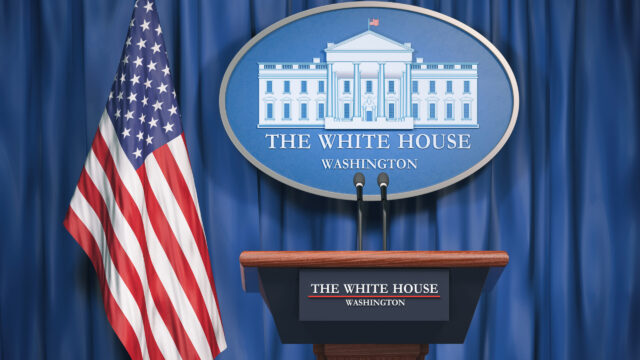Amicus Briefs
In re: Casino-Style Games Litigation
Nos. 22-16914, 22-16916, 22-16888, 22-16889, 22-16921, 22-16923
US Court of Appeals for the Ninth Circuit

Support Our Work
EPIC's work is funded by the support of individuals like you, who allow us to continue to protect privacy, open government, and democratic values in the information age.
Donate